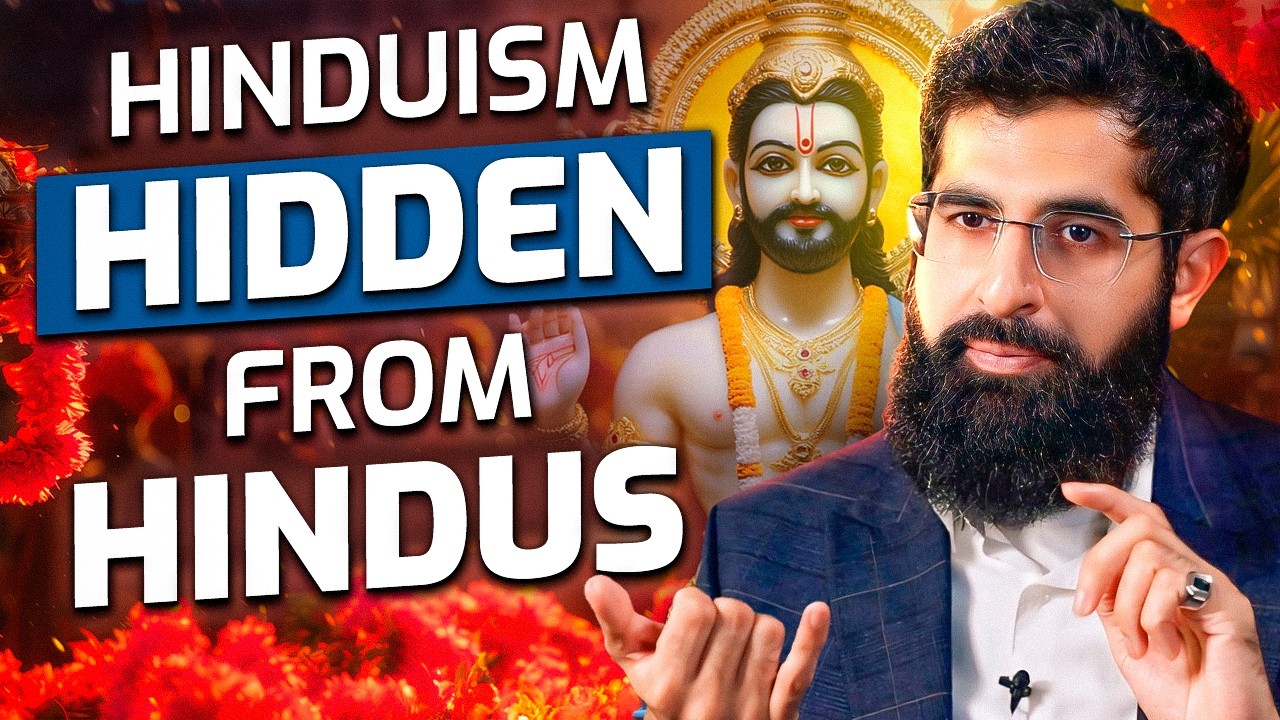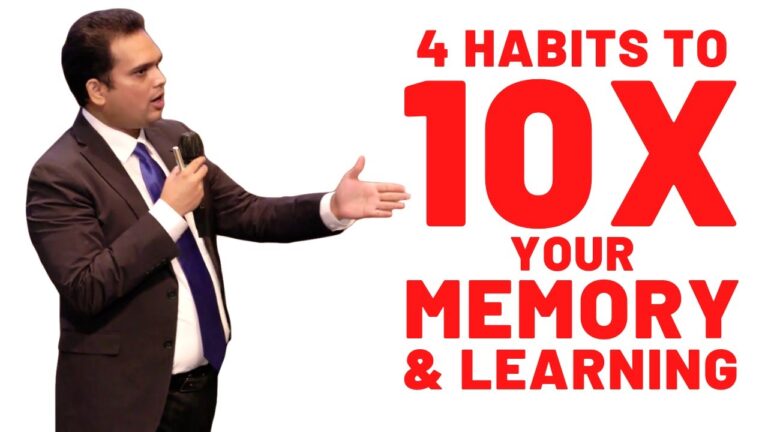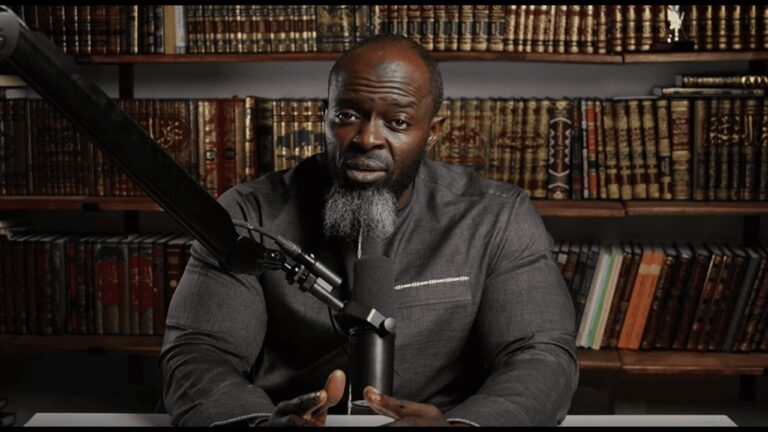🔷 One God vs. Many: A Logical Inquiry into Hinduism and Islam 🔷
A Deep Dive into Theology, Logic, and Preservation of Religious Truths
1️⃣ The Core Question: Does One God Make More Sense? 🤔
📜 Principle: Logical consistency in theology
🧠 Inference: A singular omnipotent God aligns with reason, whereas multiple gods create contradictions.
📌 Detail: Hinduism presents a diverse set of beliefs regarding God—some say there is only one, others believe in multiple deities, and some even reject a god altogether. The Quran, however, presents a clear, consistent message of monotheism.
2️⃣ Examining Hindu Texts: What Do They Actually Say? 📚
📜 Principle: The original scriptures hold the key to true belief.
🧠 Inference: The Vedas do not advocate idol worship, which suggests that later Hindu traditions incorporated these practices.
📌 Detail: Many Hindus are unaware that their most ancient and sacred texts, the Vedas, do not encourage idol worship. Instead, idol worship was added over time through interpolations in later texts like the Puranas and Upanishads.
3️⃣ The Multiplicity Dilemma: Too Many Gods, Too Much Confusion 😵
📜 Principle: Religion should be universally accessible and logically sound.
🧠 Inference: If God is one, why are there so many representations and interpretations?
📌 Detail: Hinduism allows for gods with multiple arms, heads, and different forms, which even a child would find confusing. If God is perfect, why does He need extra arms or heads? Wouldn’t that imply weakness? A belief system should be clear and direct, not an ambiguous mix of deities and avatars.
4️⃣ Questioning the Preservation of Scriptures 🏛️
📜 Principle: A divine message must remain unchanged throughout time.
🧠 Inference: A book from God should be preserved as it was revealed, without alterations.
📌 Detail: The Quran remains unchanged, memorized, and recited verbatim across generations. Hindu scriptures, on the other hand, have been rewritten multiple times, with additions and contradictions emerging over centuries. No Hindu can claim to have memorized their entire scripture, whereas millions of Muslims memorize the Quran completely.
5️⃣ Logical Inconsistencies in Idol Worship 🛕
📜 Principle: Worship should align with rational thought and the nature of God.
🧠 Inference: If God is omnipotent, why does He require food, milk, or human rituals to be awakened?
📌 Detail: Many Hindu traditions involve offering food, milk, or waking up idols. But if God is truly omnipotent, why would He need sustenance? The Quran asserts that God is free from all needs. Idol worship contradicts divine perfection, making God dependent on human acts.
6️⃣ A Question of Simplicity: Defining the Divine Clearly ✨
📜 Principle: God’s nature should be clearly defined, not open to endless interpretation.
🧠 Inference: If a religion can accept one god, many gods, or no god, how can it claim to be from God?
📌 Detail: Hinduism allows personal interpretation of divinity—some see God as a force, others as a personal being, and others as many entities. In contrast, Islam clearly defines God’s oneness and attributes in an unambiguous way.
7️⃣ Mythology vs. Reality: The Problem with Stories as Truth 🏛️
📜 Principle: Religion should be based on verifiable truths, not fictional myths.
🧠 Inference: Many Hindu tales involve supernatural beings, blurring the line between history and mythology.
📌 Detail: Hinduism is filled with stories of deities with multiple heads, arms, and supernatural wars. Are these literal or metaphorical? If they are myths, why are they worshipped? In contrast, Islam bases its beliefs on real, historical events and preserved texts.
8️⃣ Philosophical Argument: Can Multiple Gods Coexist? ⚖️
📜 Principle: The existence of multiple gods would create contradictions in divine will.
🧠 Inference: If different gods had different wills, there would be chaos in creation.
📌 Detail: The Quran presents a simple logical argument—if multiple gods existed, their differing wills would create contradictions. For instance, if one god wanted the sun to rise at one time and another wanted it to rise later, which would prevail? Only one supreme being can exist logically.
9️⃣ The Quran’s Preservation: A Unique Case in Religious History 📜
📜 Principle: A divine book must be protected from corruption.
🧠 Inference: Unlike other religious texts, the Quran has remained unchanged since its revelation.
📌 Detail: The Quran has been preserved through memorization, a living language, and written manuscripts. Hindu scriptures, in contrast, have undergone countless changes, interpolations, and rewritings.
🔟 Social Structure and Religious Accessibility 🏛️
📜 Principle: Religious knowledge should be accessible to all.
🧠 Inference: A divine message should not be restricted to certain castes.
📌 Detail: Hindu scriptures were historically restricted to the Brahmin caste, while the Quran is accessible to all, regardless of background. How can a religion claim to be universal when large portions of its followers were once forbidden from reading their own texts?
1️⃣1️⃣ Islam as a Comprehensive Way of Life 🌍
📜 Principle: Religion should provide a complete guide for personal and societal well-being.
🧠 Inference: Islam’s teachings cover all aspects of life, unlike mythological-based belief systems.
📌 Detail: From personal hygiene to economics, Islam provides a structured way of life. Unlike Hinduism, where many traditions are left open to interpretation, Islam offers clear, actionable guidance in every aspect of life.
🛑 Final Thought: Seeking Truth with an Open Heart ❤️
🔍 If you are searching for spiritual clarity, raise your hands and sincerely ask:
“God, whoever You are, guide me to the truth.”
📖 Read and compare scriptures objectively. Truth should be logical, accessible, and preserved.






